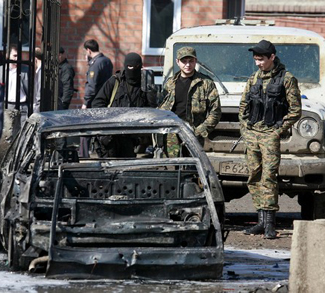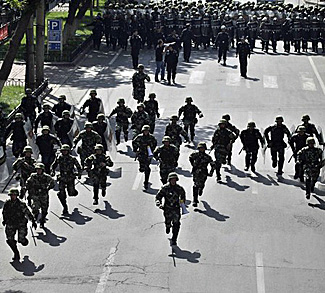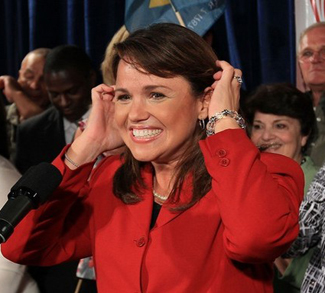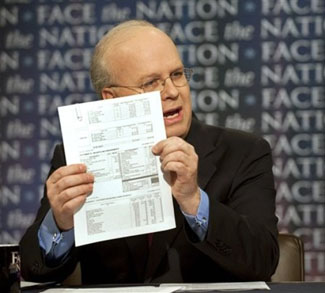Today’s suicide bombing in southern Russia adds to a growing list of recent attacks.
The bombing in a market in Vladikavkaz comes just days after a suicide bomber killed five soldiers in an attack on a Russian military base in Dagestan. Yet another suicide bombing occurred last month, killing one police officer and wounded several others in the generally peaceful region of North Ossetia.
It would appear that Russia’s Islamist insurgency has begun to intensify, and furthermore it is doing so at a critical time. With elections looming in 2012, the question of terrorism in the North Caucuses could come to be an issue that determines who will rule Russia for the next decade. Naturally it is a bigger boost to Vladimir Putin’s re-election prospects as he is often seen as the brawn to Dmitri Medvedev’s brains. Even though 2012 is still a far way off, don’t discount the potential political impact of these attacks, especially since it’s being reported that Vladimir Putin has already hit the campaign trail.
The BBC’s Richard Galpin has reported that the spike in Islamist attacks in Russia is due to a leadership struggle among various militant groups in the North Caucuses.
The China Post carried an article speculating on which of Putin or Medvedev would be running in 2012.
The Telegraph’s Andrew Osborn notes that:
“Russian Special Forces have intensified their counter terror operations in recent months after a double suicide bombing on the Moscow metro in March killed forty people.”
And a different, though somewhat quizzical, take on why attacks are increasing:
“A top Kremlin official said on Thursday he believed this latest attack was a sign that the terrorists had sustained heavy losses and were looking for revenge.”




